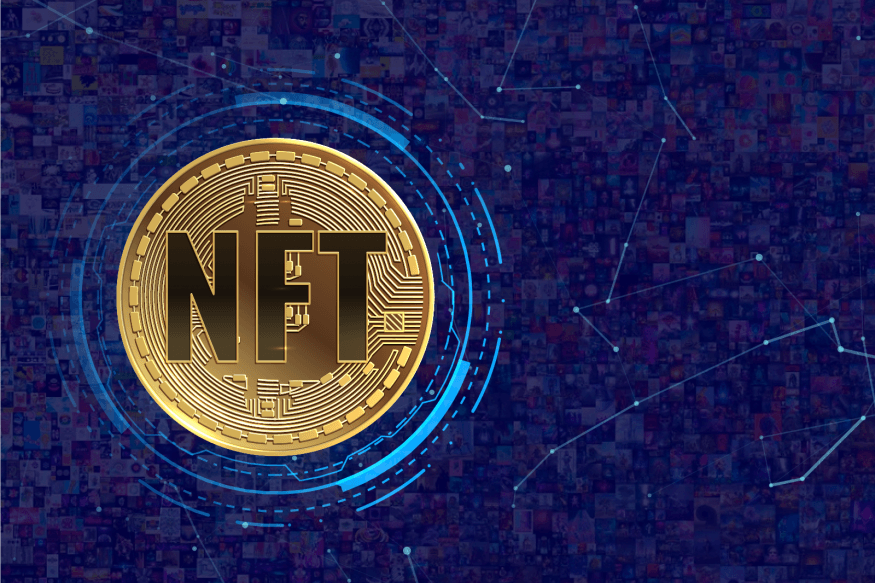7 Compelling Reasons Behind the Global Fascination with NFTs

Non-fungible tokens, or NFTs, have moved from a niche technology to a full-blown cultural phenomenon. While NFTs have existed for years, recent high-profile auctions featuring celebrities like Grimes, Paris Hilton, and Lindsay Lohan have thrust them into the spotlight. But what exactly is fueling their widespread appeal? Let’s examine the core reasons why NFTs have captured global attention-and show no signs of going away.
Understanding NFTs: Digital Proof of Ownership
NFTs are digital tokens that represent the authentic ownership of unique digital assets, ranging from artwork and music to online games, video highlights, collectibles, and even virtual real estate or pets. Operating on blockchain technology, these tokens serve as tamper-resistant certificates that validate the originality and provenance of each piece, making them highly valued in today’s increasingly digital world.
A New Level of Digital Exclusivity
Human nature often fuels the desire to possess something rare or original. This mindset, once confined to owning physical collectibles like rare coins, art, or even limited edition Pokémon cards, has seamlessly transitioned to the digital space through NFTs. In an era where digital files can be copied and shared endlessly, NFTs stand out by providing indisputable evidence of authenticity and ownership-making the idea of holding an "original" digital asset incredibly appealing. Whether it’s a viral video clip, a digital sketch by a celebrity, or a unique in-game item, owning that one-of-a-kind digital creation brings prestige and value, even if copies exist everywhere else.
The Allure of Virtual Possessions
Traditionally, people display their prized possessions-such as book collections, artworks, or sports memorabilia-to express identity, personal taste, and status. NFTs bring this concept into virtual environments, where possessions matter just as much as they do offline. While you can't physically hang an NFT on your wall, you can showcase your digital collection within online communities, gaming worlds, or social profiles. As the line between digital and real life continues to blur, NFTs have become a contemporary symbol of status, creativity, and individuality in virtual spaces.
High Investment Potential and Creator Earnings
The surge in NFT popularity is in no small part due to the staggering sums they command. Millions of dollars have changed hands for everything from quick video loops to illustrated memes, turning digital art into a lucrative marketplace for creators. NFTs put artists and content creators in direct contact with global audiences, allowing them to sell original works and potentially earn substantial profits. Meanwhile, collectors and investors view rare NFTs as alternative assets that can appreciate in value-much like traditional art or collectibles in the physical world, but with global reach and digital convenience.
Accessing a Global Marketplace Without Barriers
Owning collectible items was once limited by geographic location and the challenges of shipping and storage. NFTs, on the other hand, eliminate these obstacles entirely. Collectors can explore, buy, and trade exclusive digital assets from anywhere in the world, never worrying about shipping fees, customs, or physical degradation. Whether you want a virtual trading card, a digital highlight from a sporting event, or a unique artwork from a faraway artist, the NFT ecosystem provides instant and easy access to one-off treasures-no hunting through physical markets required.
Enhanced Durability and Digital Longevity
Physical collectibles can be damaged by natural disasters, accidents, or time. Digital assets, and NFTs specifically, offer greater resilience. As pieces stored immutably on blockchains, they are protected from fires, floods, and other typical threats, positioning them as potential long-term family legacies. However, it’s important to note that NFTs are not immune to all risks; incidents of digital theft and hacking have occurred, highlighting the need for secure storage and digital literacy among collectors.
Protecting Against Forgeries and Replicas
Authenticity is a major concern in the world of collectibles. NFTs address this issue directly, thanks to blockchain’s transparent record-keeping. Every NFT tracks its detailed ownership and transaction history, making it extremely challenging to create fraudulent copies or sell fakes. Buyers can verify the origin of their purchase instantly, a peace of mind that traditional online marketplaces often cannot provide. This technological safeguard adds trust and confidence for both collectors and creators in the rapidly expanding NFT market.
Potential for Illicit Activities: The Money Laundering Angle
The subjective and rapidly fluctuating value of NFTs has attracted not just enthusiasts but also those seeking new avenues for money laundering. The ease with which digital assets can be transferred and the lack of standardized valuation make NFTs an attractive tool for hiding or "cleaning" illicit funds. Although every NFT transaction is recorded on public blockchain ledgers, the unregulated nature of the marketplace can complicate law enforcement efforts when tracing suspicious financial activities.
The Future Outlook: Are NFTs More Than Just a Trend?
NFTs have a history that stretches back years, with early blockchain experiments like "Colored Coins" dating as far back as 2012. More recent and mainstream examples include CryptoKitties’ digital cats, which took off in 2017, and virtual sports trading cards released since 2018. Given the most recent surge of celebrity endorsements and public interest, many experts believe we are witnessing just the start of the NFT evolution. As the digital world becomes an ever-larger part of daily life, and with new applications emerging constantly, NFTs seem poised to remain a fixture in both cultural and investment landscapes for years to come.
Ultimately, whether you view NFTs as an investment, a status symbol, or a technological advancement, their core appeal lies in their uniqueness and the human desire to own something truly one-of-a-kind-proving that even in the digital age, exclusivity never goes out of style.













